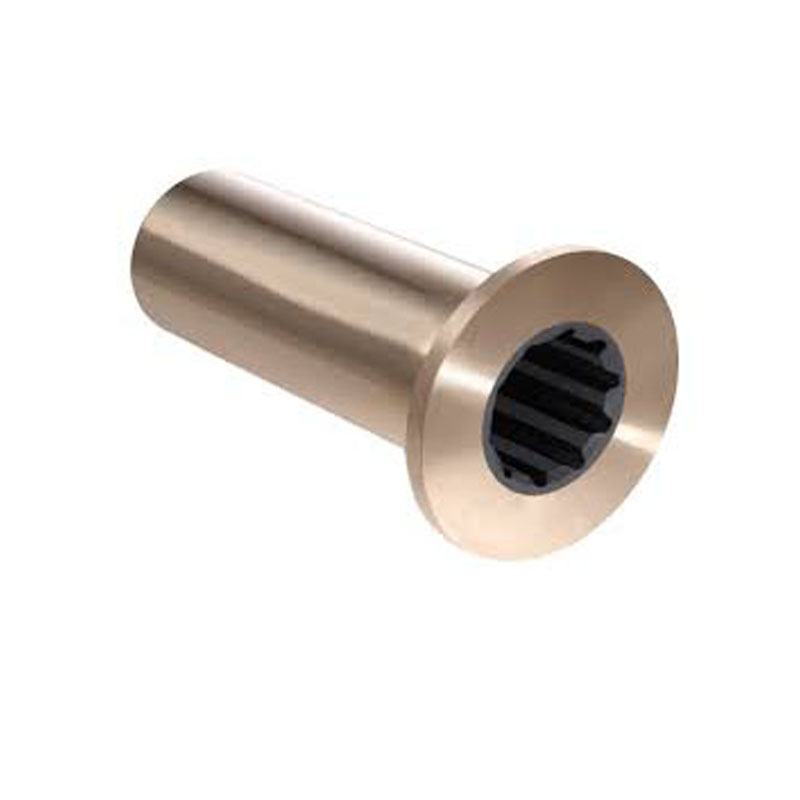marine bearing
Understanding Marine Bearings Essential Components for Nautical Engineering
In the vast and intricate world of maritime engineering, marine bearings play a crucial role in ensuring the smooth operation of various aquatic vessels. A bearing, in the simplest terms, is a machine element that enables constrained relative motion between two surfaces, typically facilitating rotation or linear movement. In marine applications, these components are essential for reducing friction, supporting loads, and ensuring alignment in different machinery and hull designs.
Types of Marine Bearings
Marine bearings come in various types, each tailored to meet specific needs dictated by the maritime environment. The two primary categories include sliding bearings and rolling element bearings.
1. Sliding Bearings Often used in high-load applications, sliding bearings operate on the principle of surface contact without rolling elements. These are typically made from materials like bronze, rubber, or composites, which provide good wear resistance and low friction characteristics. They are widely utilized in the propulsion systems of ships where they support shafts and propellers.
2. Rolling Element Bearings These bearings use rolling elements like balls or rollers to reduce friction between surfaces. They are commonly found in applications where alignment and accurate motion are crucial, such as in rudder systems and engine applications. Their design allows them to handle both radial and axial loads, making them versatile.
The Importance of Material Selection
The marine environment presents unique challenges, including exposure to saltwater, varying temperatures, and high levels of humidity. These conditions can lead to corrosion and wear if the bearings are not made from suitable materials. Common materials for marine bearings include stainless steel, marine-grade aluminum, and various polymers that resist corrosion while offering high durability. The choice of material significantly influences the bearing's lifespan, performance, and maintenance needs.
marine bearing

Lubrication in Marine Bearings
Effective lubrication is vital for the longevity and efficiency of marine bearings. In a marine context, this not only minimizes friction but also protects against corrosion and wear. Lubricants in marine applications often need to be resistant to saltwater and capable of working under high-pressure conditions. Greases and oils specially formulated for marine environments are critical for establishing a protective film on the bearing surfaces, thereby enhancing their operational life.
Maintenance and Inspection
Regular inspection and maintenance of marine bearings are essential practices to prevent unexpected failures and ensure the vessel's safety and efficiency. Operators should routinely check for signs of wear, overheating, and abnormal noises, which could indicate improper functioning. Additionally, correct alignment and installation are crucial; misalignment can lead to premature failure of the bearings and associated components.
Future Trends in Marine Bearings
As technology advances, the design and manufacturing of marine bearings are also evolving. Innovations in materials science, such as the development of advanced composites and self-lubricating materials, promise to enhance the performance of bearings in the harsh marine environment. Furthermore, the integration of smart technologies, including sensors that monitor bearing conditions in real-time, is on the rise. These technologies can help predict failures before they occur, reducing downtime and maintenance costs.
Conclusion
Marine bearings are indispensable components of maritime engineering, supporting the functionality and safety of vessels worldwide. Understanding the different types, materials, lubrication, and maintenance practices is crucial for maximizing the efficiency and lifespan of bearings in marine applications. As the marine industry continues to innovate, staying abreast of the latest advancements in bearing technology will help ensure the reliability and advancement of maritime transportation. Ultimately, investing in quality marine bearings translates into smoother journeys across the world's oceans, safeguarding both vessels and their crews.
-
Understanding the Front Main Engine Seal: Purpose, Maintenance, and Installation
News Jul.29,2025
-
Understanding O-Rings and Seal Rings: Types, Applications, and Custom Solutions
News Jul.29,2025
-
Understanding Crankshaft Oil Seals: Rear Seals, Pulley Seals, and Their Role in Engine Integrity
News Jul.29,2025
-
The Importance of Front and Rear Crankshaft Seals in Engine Performance and Oil Management
News Jul.29,2025
-
Crank Oil Seals: Functions, Types, and Cost Considerations in Engine Maintenance
News Jul.29,2025
-
A Comprehensive Guide to O-Rings and Seals: Types, Materials, and Global Applications
News Jul.29,2025
-
Mastering Diesel and Performance Engine Maintenance: A Guide to Critical Oil Gaskets
News Jul.28,2025
Products categories















